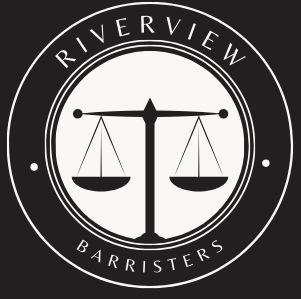Law school is widely recognized as one of the most rigorous academic programs available today, requiring three years to earn a Juris Doctor (JD) degree – as well as pre-law courses taken during undergraduate study.
Initial legal classes cover legal methodology, contracts, criminal law, property law and legal writing. Students also participate in moot court exercises and law review articles to boost their grades.
205 ABA Approved Law Schools
An American Bar Association-accredited law school is essential to practicing law in the US. Most states require applicants to pass a bar exam prior to receiving licensure; thus students must possess at minimum a bachelor’s degree and score high enough on the Law School Admission Test (LSAT).
Law school first year courses typically include legal writing, torts, contracts and criminal law; in addition many schools provide upper division practical training courses like client counseling and trial advocacy.
Even with its rigorous curriculum, most law school students find their experience of attending law school more than worth their while for future career prospects. The American Bar Association accredits most law schools in the US – it currently recognizes 205 of them that award Juris Doctor degrees (JDs).
The American Bar Association’s accreditation standards place importance on inputs such as entering student LSAT scores and GPAs, law school expenditures, and expenditures. Law school rankings published by U.S. News & World Report emphasize “reputation,” measured through surveys with limited response rates that heavily weight “reputation.” Such rankings can be controversial and do not accurately depict long-term outcomes; like Sisyphus in Greek mythology, legal professionals often make one bold move forward to promote diversity only to see it undermined by another setback.
32 Non-ABA Approved Law Schools
Students looking for legal education but who cannot attend an ABA-accredited law school or who wish to study abroad have other options available to them. Non-ABA approved law schools tend to be more affordable and offer more specialized programs, often boasting lower tuition costs as well as saving them money and helping reduce student loan debt.
Many of these schools also provide more flexible schedules, geared toward meeting the needs of working professionals and non-traditional students. Some offer evening classes or online/on-demand courses, making it easier for students to fit legal education into existing work and life responsibilities. Furthermore, admission standards tend to be lower; thus enabling those with lower undergraduate GPAs or less postgraduate experience to apply more easily.
Non-ABA approved law schools don’t need to adhere to ABA standards, but are usually acknowledged by state bar associations and accepted into the ABA after graduation. Employers tend to favor ABA-approved law schools over non-ABA ones when selecting programs; it is essential that prospective law students carefully weigh both options before making their selection decision. Students should check with their state bar association to ensure their chosen non-ABA law school meets requirements for taking the bar exam.
202 Law Schools in the U.S.
Law schools in the US provide Juris Doctor (JD), LLM, and doctoral degree programs. Graduate law study can open up career options in business start-ups, social justice/public interest organizations, government bodies and academia.
A JD degree typically takes three years to complete, and is followed by a career in legal services. Most graduates seek work in private practice while some may also seek public interest or NGO employment opportunities. At graduation many law school students receive one- or two-year clerkship opportunities with judges; in some instances graduates even seek out judicial positions themselves and run for public office.
U.S. News provides one such ranking that evaluates law schools in the US using qualitative and quantitative criteria to rank them, including academic reputation, entering student GPA/LSAT score/expenditures ratio.
The New York University School of Law is an ardently competitive law school, boasting an acceptance rate of approximately 42%. To gain admission, applicants must have attained both a 3.58 GPA and LSAT score of 157 to qualify. Furthermore, students can participate in multiple clinics including asylum/criminal defense legal clinics as well as Puerto Rico recovery assistance legal clinics to gain practical training experience.
